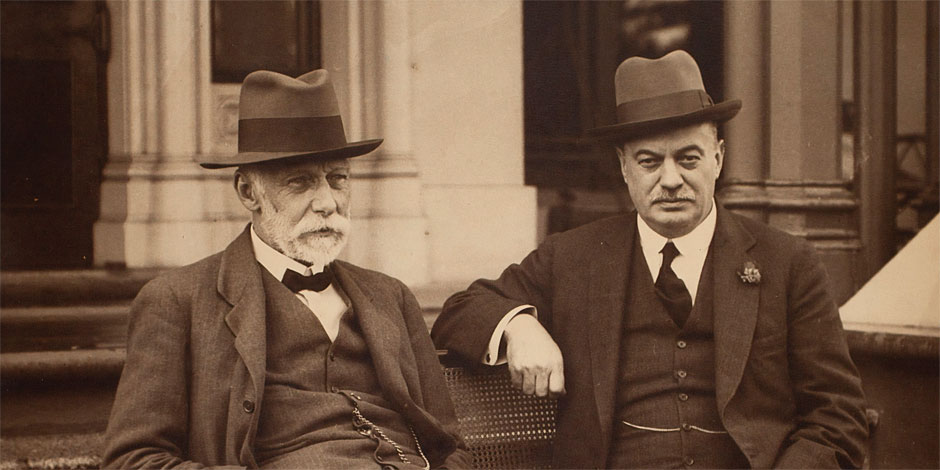It's natural to look back on our past experiences and learn from them, but it's important not to get stuck in the past and let it dictate our future. Every day offers a fresh start and the opportunity to reset and move forward. Here are some more detailed ways to stop thinking that the past is making your future, along with some additional points to consider:
Practice mindfulness: Being present in the moment can help you let go of the past and focus on what's happening right now. This involves paying attention to your thoughts, emotions, and sensations in a non-judgmental way. One way to practice mindfulness is through meditation, which involves sitting quietly and focusing on your breath or a mantra. Another option is to try deep breathing exercises, which involve taking slow, deep breaths and focusing on the sensation of the breath moving in and out of your body. Engaging in mindfulness practices on a regular basis can help you develop a sense of awareness and acceptance of your thoughts and feelings, and reduce the power that the past has over your present and future.
Reframe negative thoughts: If you find yourself dwelling on negative experiences from the past, try to reframe your thoughts in a more positive light. This involves questioning the assumptions and beliefs that underlie your negative thoughts and replacing them with more balanced and realistic ones. For example, instead of thinking "I'll never be successful because I've always failed," try reminding yourself of your strengths and accomplishments. You might also try using positive affirmations, which are short, positive statements that you repeat to yourself to counteract negative thoughts.
Seek support: If you're struggling with negative thoughts or emotions from the past, consider seeking the help of a mental health professional. Therapy can be an effective way to address the underlying causes of your thoughts and develop coping strategies to manage them. A therapist can help you identify patterns of negative thinking and teach you techniques to challenge and change them. They can also provide a safe and supportive space to process and work through difficult emotions from the past.
Set goals and work towards them: Having a clear sense of purpose and direction can help you focus on the present and the future, rather than getting stuck in the past. Set specific, achievable goals for yourself and take small steps towards achieving them every day. This might involve setting a long-term goal, such as saving for retirement or completing a degree, as well as short-term goals that help you work towards that larger goal. Setting goals can give you a sense of control and purpose, and help you stay focused on the present and future.
Practice forgiveness: Holding on to grudges or resentment from the past can be emotionally draining and prevent you from moving forward. Consider practicing forgiveness, whether it's for yourself or for others, as a way to let go of the past and find peace. Forgiveness doesn't mean condoning or forgetting about the hurt that was caused, but rather acknowledging it and choosing to let go of negative feelings towards the person or situation. This can be a difficult and complex process, and it may be helpful to seek support from a therapist or trusted friend.
Take responsibility for your actions: If you're struggling with regrets or guilt from the past, it can be helpful to take ownership of your actions and make amends if necessary. This doesn't mean dwelling on the past, but rather acknowledging what happened and taking steps to make things right. This might involve apologizing to someone you've wronged, or making an effort to change a behaviour that you're not proud of. Taking responsibility for your actions can help you move forward and let go of the past.
Find meaning and purpose: Discovering what truly matters to you and what gives your life meaning can help you let go of the past and focus on the present and future. This might involve a hobby, a career, or a cause you're passionate about. Finding meaning and purpose can provide a sense of direction and motivation, and help you feel more fulfilled and satisfied with your life. You might try exploring different activities and interests to see what resonates with you, or seek the guidance of a career counsellor or mentor.
Practice self-compassion: Be kind to yourself and remember that everyone makes mistakes and has challenges. Instead of dwelling on the past and beating yourself up, try to be understanding and compassionate towards yourself. This might involve acknowledging your feelings, offering yourself words of comfort and support, and reminding yourself that everyone has struggles and imperfections.
Seek out positive role models and mentors: Surrounding yourself with positive and supportive people can help you focus on the present and the future, rather than getting stuck in the past. Seek out role models and mentors who inspire you and who you admire, and ask for their guidance and support.
Take care of yourself: Engaging in self-care activities such as exercise, sleep, and stress-reduction techniques can help you feel more grounded and present in the moment. Taking care of your physical and mental health is essential to living a fulfilling and meaningful life, and can help you let go of the past and move forward.
Remember, letting go of the past and moving forward takes time and effort. It's okay to have days where you feel stuck or overwhelmed, and it's normal to have moments of nostalgia or regret. The key is to be kind to yourself and take small steps towards living in the present and building a better future. With practice and support, you can let go of the past and focus on living a meaningful and fulfilling life.











